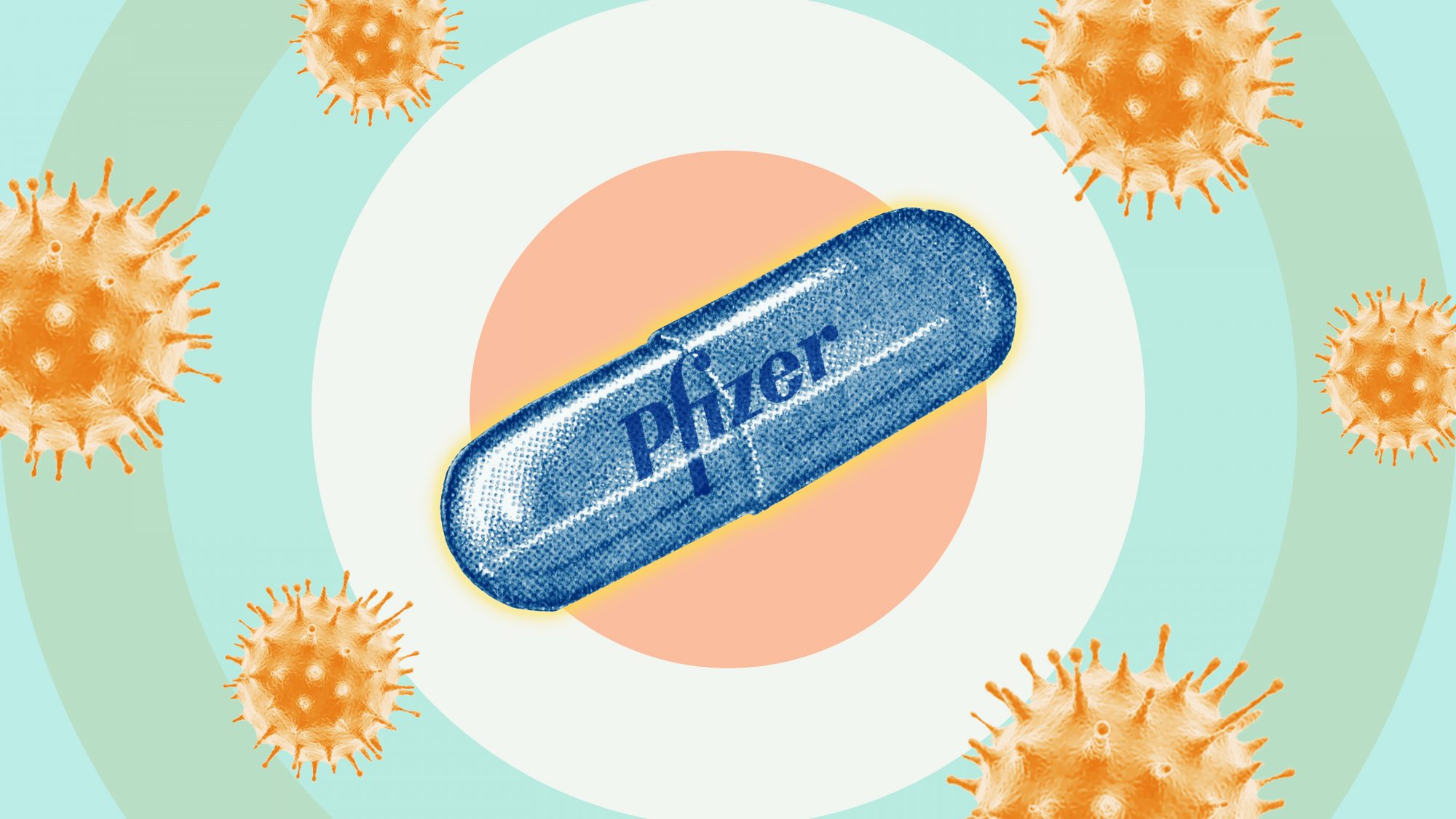Although not yet fully established, the idea of an oral antiviral pill as a treatment method for COVID-19 has been on the rise for months and is currently undergoing clinical trials. With the findings of such discoveries being made in healthcare come many questions, concerns, and maybe even a bit of backlash.
The various vaccines that were produced and distributed were of major concern to many. The idea of a pill being used to not only treat COVID-19 but also prevent it may seem a bit far-fetched — especially considering how dangerous the virus is — but the benefits seem to be there despite the speculations surrounding the new drug.
“I’m not exactly sure how effective this pill will be, but I’m pretty excited to see if it is just as good as getting vaccinated. It would be pretty cool to see a pill work for treating a virus as deadly as COVID-19, and I guess it would be nice to have something that is convenient and can be taken in your own home,” says Marwa Sakhizada, fourth-year health informatics student.
This antiviral treatment is designed to be ingested in the comfort of one’s own home, and to many that may be one of its most appealing factors. According to Sakhizada, the thought of an antiviral pill brings about immense curiosity.
“I also wonder how popular this treatment method will become around the world and if developing nations will have access to it just as much as developed countries will.”
Among concerns about access, fourth-year health studies student Sumaiyah Nur also points out, “There is a concern with how many times the pill must be taken, which can be an inconvenience. Would the costs be covered by the government? For many Canadians, the costs of the antiviral pill would be a major obstacle preventing them from taking it.
“It’s also important to note the complications that can arise if the pill is self-administered,” Nur continues. “With no health care professional present, the pill may not be safely taken (eg, crushed, taken with conflicting foods, etc.). All these issues do raise some concern, though I still believe it is a great alternative!”
Let’s take a look at the science behind this alternative treatment. PF-07321332 is a protease inhibitor that instantly prevents virus particles from being created within a host and stops the life cycle of the virus. The way it is designed helps stop the SARS-Co-V-2 virus (COVID-19) from replicating in the cell, as a result of the protease inhibitors that bind to the viral enzymes.
All kinds of viruses aim to invade the cells and replicate with the use of the cells internal machinery. As a result, we are left with the release of the newly made virus to create an even larger infection. This is where the protease inhibitors become of significance, and work by blocking the protease enzyme, which is essential to the virus for replication.
Protease inhibitors are known for being used when treating pathogens such as HIV and Hepatitis C. Protease inhibitors still have yet to be proven safe in humans, and that is also another area of concern with the new antiviral pill, but is also something that the trials are testing for.
Aside from the oral PF-07321332 treatment, Pfizer is also looking into PF-07304814, another protease inhibitor that is being trialed in patients who are hospitalized and are injected with it intravenously.
Pfizer’s CEO, Albert Bourla, described the new pill as being beneficial and providing several advantages, including not having to pay so many visits to the hospital for treatment, as well as the reduced need for health care providers in the presence of the treatment being administered.
Sakhizada adds, “The fact that we had to wait so long to receive vaccines and wait in long lines with so many other people was really stressful, so I’m really hoping for the best here.”
Creating an effective prevention method is key, as keeping patients oxygenated — knowing that some individuals have weaker immune systems than others when fighting off the virus — does not guarantee success. As of right now, Pfizer is trialing in Belgium and the U.S., and the phase one clinical trial for the first COVID-19 treatment pill is taking place in Brussels.
According to Mikael Dolsten, MD, chief scientific officer and president, Worldwide Research, Development and Medical of Pfizer, combating the COVID-19 pandemic and preventative measures being taken must entail the use of vaccines as well as targeted treatment for those who come down with the virus. Both treatments will be crucial in the future as well.
Nur shares her thoughts on this matter: “I would definitely take the antiviral oral pill as a substitution for the vaccine if the latter was not available. The reason why it wouldn’t be my first option is due to the concern with the longevity of the pill combating the virus. With contagious diseases, historically and now we see the high effectiveness of vaccinations to prevent the spread.”
Considering the backlash on the AstraZeneca vaccine and its subsequent scares, fourth-year business commerce student Amir Moghaddam says he’s open to the idea of the Pfizer antiviral pill with hopes that there is less backlash and side effects, but he also has some concerns as well.
“I can’t help but wonder if now is really a good time to have something like this being produced and distributed in the near future, considering the fact that getting the vaccines distributed was a long process with so many concerns surrounding it,” explains Moghaddam.
As the clinical trials go on, the trial being done for PF-07321332 is aiming for completion by May 25, and involves up to 60 healthy adult volunteers. Of course, a few trials will not be enough to ensure efficiency and immunity, and so further trials will be conducted on groups with larger sample sizes prior to any labels or announcements being made for the drug.




